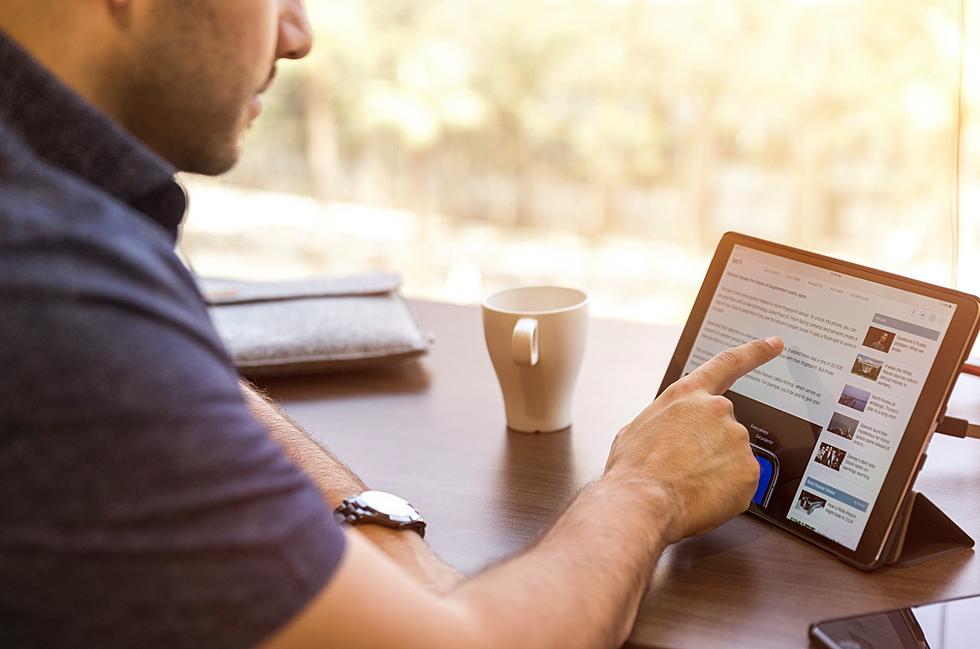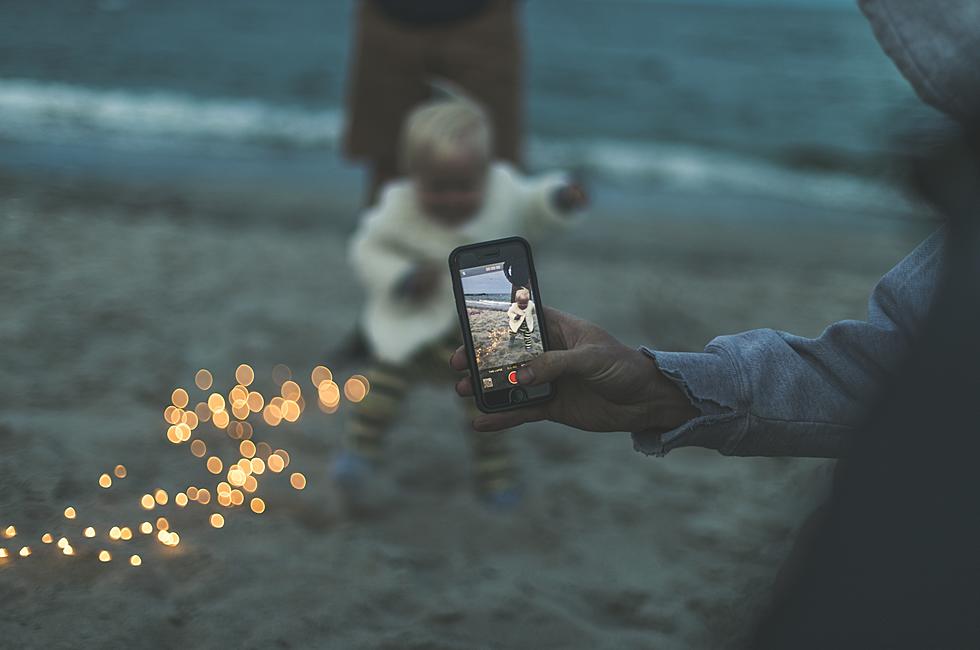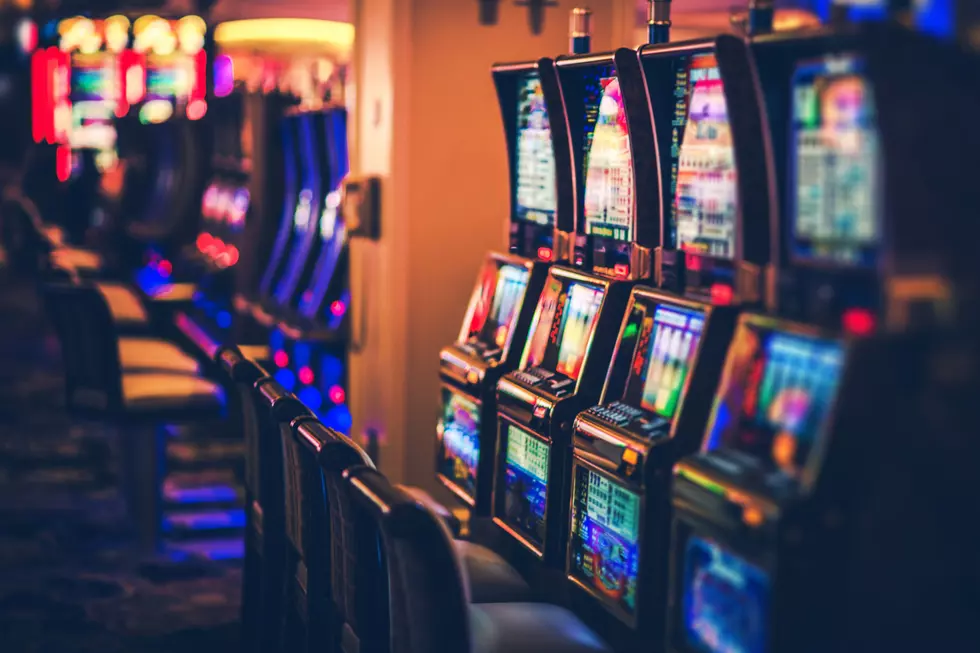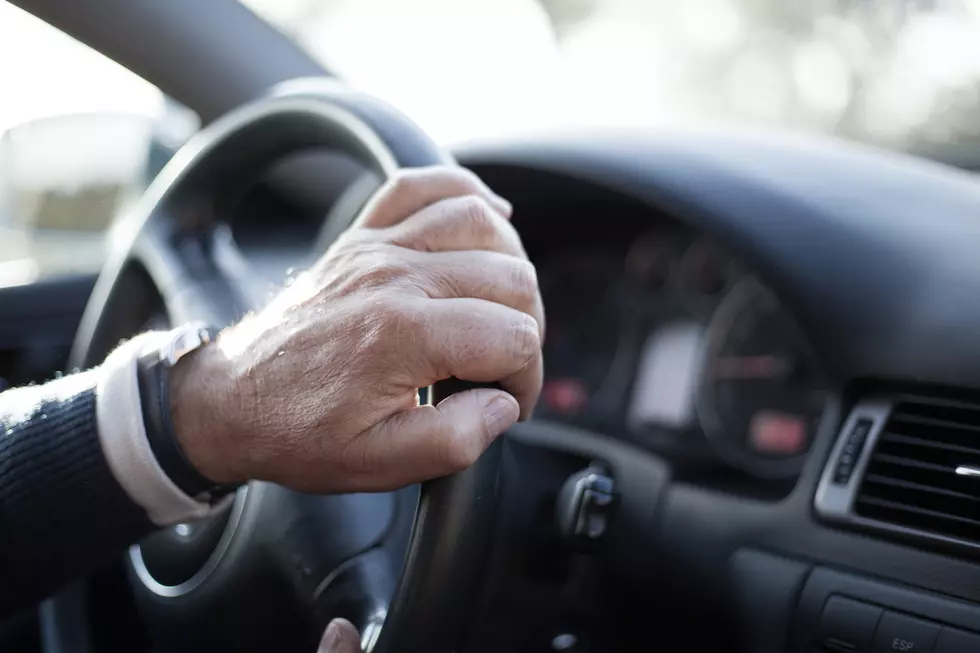Let me start with a couple of questions. Does your thumb hurt from continuous doom-scrolling on your phone? Do you get agitated or even angry when you aren't near your phone? Would you rather check your smartphone than have a conversation with friends? Yes to any of these? You may suffer from nomophobia, short for “no mobile phone phobia,” a term used to describe the anxiety we experience when we don’t have access to our mobile phones.
Yeah - it's a real thing, and I suspect that most of us are addicted to our phones, to some degree or another. Recent data suggests that 47% of Americans are addicted to their smartphones. The average American checks their phone 352 times a day! 71% of people spend more time on their phone than with their romantic partner. Almost two-thirds of children spend four hours or more per day on their smartphones. Yeah, it's a problem, and the trends are going in the wrong direction.
Like any other addiction, there are symptoms to watch for. New research published in BMC Psychiatry during the summer of 2023 has a short list.
Symptoms of Nomophobia
Symptoms of nomophobia mirror those of an addiction or other anxiety disorders and can include:
- Anxiety
- Agitation
- Sweating
- Disorientation
- Changes in breathing
- Tachycardia, which is defined as a fast heartbeat
According to CNBC: teenagers are the most affected by nomophobia, but any age group can struggle with it. A huge reason why many people are experiencing nomophobia stems from our reliance on our mobile phones. Think about it: we are all walking around with little supercomputers in our pockets and purses. Our phones have been transformed into digital Swiss Army Knives, where we do most of our business, record memories and entertain ourselves. For better or worse, they have become our lifeline to the outside world.

Who is Most Vulnerable?
It turns out that some of us are more vulnerable to nomophobia and getting hooked on our phones. Factors that can accelerate your chances of developing the condition are having:
- Preexisting anxiety
- Low self-esteem
- Struggles with emotional regulation
- Insecure attachment styles
- A lack of personal relationships
Finding Solutions
So how do we maintain control over our phones, vs. our phones controlling us? CNBC.com has a list of suggestions to lower the risk of addiction:
- Allow yourself to relax without your phone during your downtime.
- Intentionally stay off of your phone for an hour at a time. Consider turning it off if that’s helpful.
- Leave your phone at home or off to the side when you’re going to the store or attending an event.
- Wear a watch to check the time, instead of relying on your phone for a clock.
- Use a calendar or planner to schedule important events.
- Find new hobbies that allow you to spend time away from your phone and unplug.
- Learn more about nomophobia to gain knowledge about signs and triggers.
- Challenge your negative thoughts about being without your phone. Remind yourself that everything will be okay if you put it away for some time.
- Practice mindfulness through meditation and breathing exercises to cope with anxiety.
- In extreme cases, seek help from a mental health professional.
(you can also track screen-time on Apple IOS and Android as well and receive weekly updates on how much time you spend glued to your phone).
I have a closet-full of cameras that I rarely use. My smartphone now takes most of my photos, one way I rationalize always having the phone nearby. I don't want to miss a thing.
Paul, you're an addict! I know. And I'm happiest when I do put the phone down for a day or two and be in the moment. Step 1 with any addiction is realizing you have a problem.
Wait, are you reading this on your smartphone? Me too!
Thoughts and prayers...
More From KOOL 101.7










